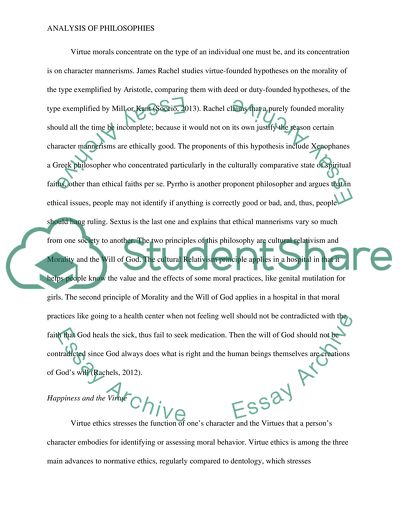Cite this document
(“Philosophies Applied in a Hospital Context Admission/Application Essay”, n.d.)
Philosophies Applied in a Hospital Context Admission/Application Essay. Retrieved from https://studentshare.org/philosophy/1497829-applying-philosophy-to-life
Philosophies Applied in a Hospital Context Admission/Application Essay. Retrieved from https://studentshare.org/philosophy/1497829-applying-philosophy-to-life
(Philosophies Applied in a Hospital Context Admission/Application Essay)
Philosophies Applied in a Hospital Context Admission/Application Essay. https://studentshare.org/philosophy/1497829-applying-philosophy-to-life.
Philosophies Applied in a Hospital Context Admission/Application Essay. https://studentshare.org/philosophy/1497829-applying-philosophy-to-life.
“Philosophies Applied in a Hospital Context Admission/Application Essay”, n.d. https://studentshare.org/philosophy/1497829-applying-philosophy-to-life.


